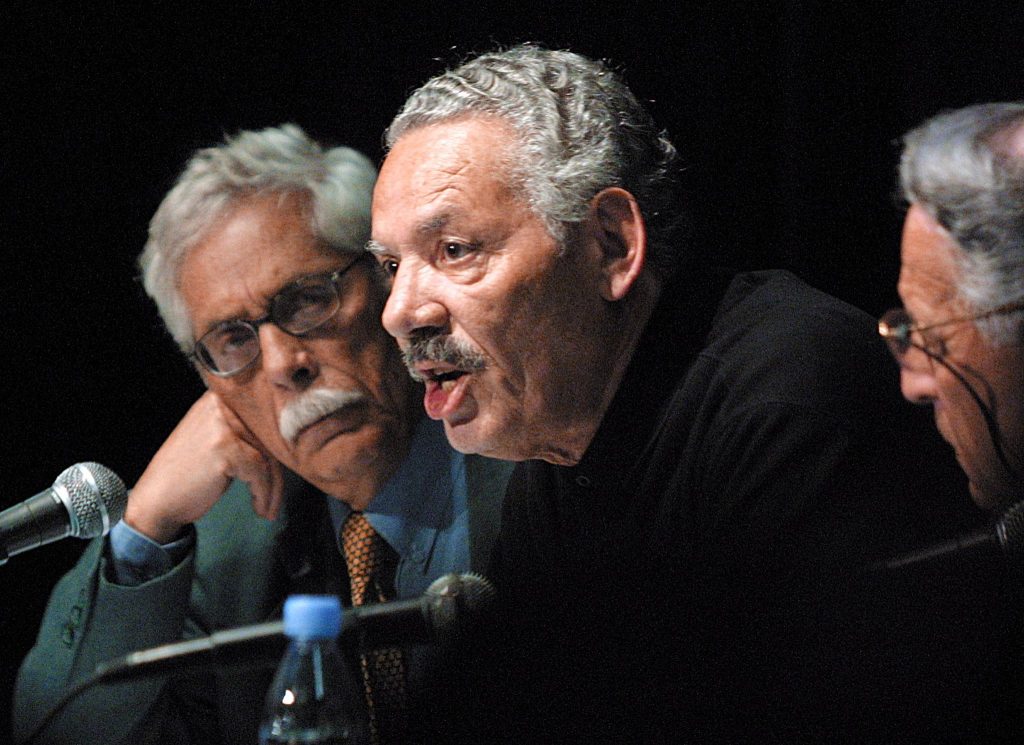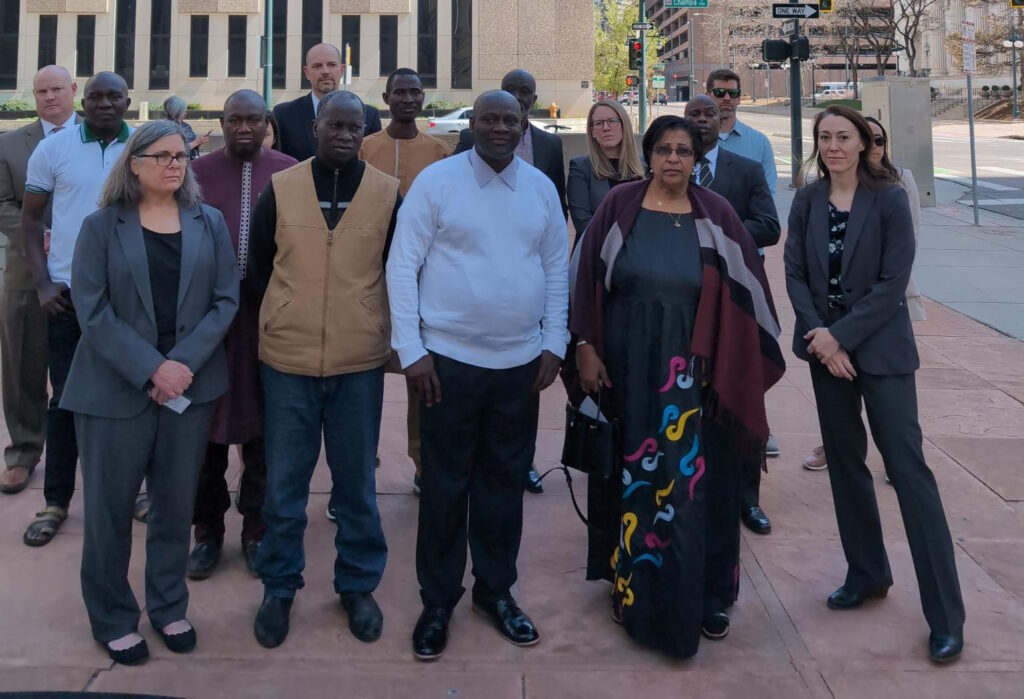Enforced Disappearance of Amrit Kandel in October 2003
The Case
Arrest and enforced disappearance in October 2003
On 10th October 2003, Amrit Kandel was arbitrarily arrested in Kathmandu by a dozen of soldiers. Without being informed of the reasons for his arrest nor produced a warrant, Amrit Kandel was forced into a van and brought to the Maharajgunj military barracks, then headquarter of the Bhairabnath Battalion of the Royal Nepal Army. He was not given any possibility to contact either his family or a legal representative.
As witnessed by his brother Ramhari Kandel, who was also detained at Maharajgunj at that time, Amrit Kandel was held in cruel, inhuman and degrading conditions of detention: he was kept in a small tent where he used to cry and scream out of desperation, he did not receive adequate food or drinking water and had limited access to sanitation. Moreover, he was continuously blindfolded. He was never given the possibility to communicate with people outside the barracks. His body was constantly swollen, covered in bruises and abrasions, indication of the treatments inflicted during interrogations. Following his release on 10th December 2003 neither Ramhari Kandel nor any other member of his family has ever seen Amrit Kandel again. His fate and whereabouts remain unknown to date.
The denunciation of the crimes and the impunity of their authors
Since 2003, Tikanath Kandel, Amrit Kandel’s father, has undertaken all possible effort to find him. Besides engaging in countless advocacy activities and informal meetings with public authorities, Tikanath Kandel registered a formal complaint at the National Human Rights Commission and lodged two petitions for habeas corpus with the Supreme Court of Nepal.
Amrit Kandel’s fate and whereabouts remain unknown and neither investigation nor criminal prosecution has been initiated against his perpetrators. His relatives’ hopes in the Nepalese legal system have faded and the Human Rights Committee now represents their only chance to obtain truth, justice and redress.
In April 2014, TRIAL International submitted a communication to the Human Rights Committee on behalf of Amrit Kandel and his family, Tikanath and Ramhari Kandel.
The decision
On 2 August 2019, the Human Rights Committee recognized that the state of Nepal violated articles 6 (right to life), 7 (prohibition of torture), 9 (right to liberty) and 16 (right to recognition as a person before the law) of the International Covenant on Civil and Political Rights, read alone and in conjunction with article 2 para. 3 (right to an effective remedy) of the Covenant with regard to Mr. Amrit Kandel, as well as article 7, read alone and in conjunction with article 2 para. 3, with respect to Tikanath and Ramhari Kandel.
The Human Rights Committee also stated that “the State party is under an obligation to provide the authors with an effective remedy. This requires it to make full reparation to individuals whose Covenant rights have been violated. Accordingly, the State party is obligated to, inter alia:
- conduct a thorough and effective investigation into the facts surrounding the detention of Mr. Amrit Kandel and the treatment he suffered during detention and disappearance;
- provide the authors with detailed information about the results of its investigation;
- release Mr. Amrit Kandel, if he is still alive or in the event that Mr. Kandel is deceased, hand over his remains to his family;
- prosecute and punish those found responsible for the violations committed and make the results of such measures public;
- ensure that necessary and adequate psychological rehabilitation and medical treatment are made available to the authors; and
- provide adequate compensation including appropriate measures of satisfaction, beyond the partial compensation already offered, to the authors for the violations suffered.
The State party is also under an obligation to take steps to prevent the occurrence of similar violations in the future. In particular, the State party should ensure that its legislation:
- criminalize torture and enforced disappearance and provide for appropriate sanctions and remedies commensurate with the gravity of the crimes;
- guarantee that such cases give rise to a prompt, impartial and effective investigation; and
- allow for criminal prosecution of those responsible for such crimes.”
The General Context
The facts of this case took place in the context of the 1996-2006 internal armed conflict, which caused not only severe economic and social damage in Nepal but also put the country’s name in the worldwide list of the top human rights violators. Enforced disappearances, torture, summary executions and arbitrary detentions committed by both State agents and Maoists were widespread during this period. According to the Office of the High Commissioner for Human Rights, some 1,300 alleged enforced disappearances took place during this period.









